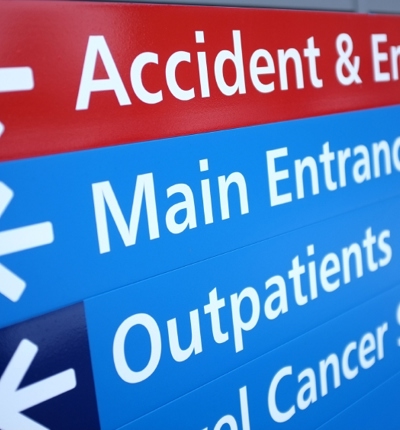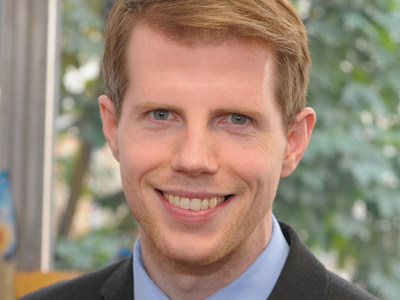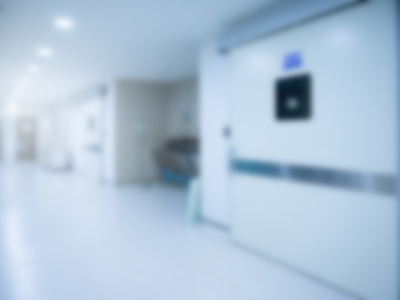
Compensation for family after father dies from acute airway infection
The family of a patient who died after suffering a complete airway obstruction have received compensation.
Posted on 09 December 2024
The man, who we have called David, had earlier spoken with a GP on the telephone. Call records suggest the doctor did not tell David that he had potentially life-threatening symptoms, and that he should urgently go to hospital.
David, who was a father in his 30s, woke up with an extremely painful throat, which worsened throughout the day. He also developed a high temperature, an altered voice, and started to have difficulty swallowing. That evening, he called NHS111 and received an out-of-hours callback from a GP. This call was not recorded, but it should have been.
David’s symptoms potentially indicated life-threatening upper airway conditions including quinsy, epiglottitis or supraglottitis. The GP’s call notes do not include any mention of these conditions, or their severity being discussed with David, although the GP later claimed that he did.
David was offered a face-to-face appointment but had no way of getting there and the GP refused to arrange an ambulance. The consultation became confrontational, and David ended the call.
The GP said he tried to call David back; however, the medical notes and call records suggest he did not.
Over the next couple of hours, David’s condition became worse. He went to get help from his neighbours, but he collapsed in the street and stopped breathing.
A neighbour called an ambulance and performed CPR, but David’s heart had stopped beating when the paramedics arrived.
The paramedics managed to restore David’s pulse and took him to hospital. However, hospital investigations showed that he had already suffered severe brain damage from being in cardiac arrest.
A few days later, David died.
His family asked Leigh Day’s clinical negligence team to look into the case.
Medical experts instructed by Leigh Day say that, because of his symptoms, David should have been told he could have a life-threatening condition, and that he should urgently go to hospital.
The experts also said that hospital staff would have been able to keep David breathing, stopping him from going into cardiac arrest and suffering catastrophic brain damage.
The GP denied allegations of medical negligence and a trial date was set.
A few weeks before the trial was due to begin, the Defendant accepted an offer to settle, without admitting liability, and David’s family received a six-figure sum.
The money will help David’s son, who had been financially dependent on his father. It will also go towards the family’s funeral costs.
Michael Roberts, a senior associate solicitor of Leigh Day, represented the family and said:
“This was an exceptionally tragic case and we are pleased for the family that the matter was resolved without the need for trial. Whilst the family’s loss can never properly be compensated, I hope that this outcome provides a sense of justice and closure. In particular, my thoughts go to David’s dependant son, who has lost his dad forever, but whose future is, I hope, a little more financially secure.”
Leigh Day worked with barrister Sophie Beesley of Old Square Chambers.
Related Content

Michael Roberts
Michael Roberts is a senior associate solicitor in the medical negligence department.

Apology and compensation for man following severe chemical burn injury to his hand during cancer treatment at a London hospital
A man who was left with severe chemical burns after an intravenous line was incorrectly inserted into a vein in his hand has received an apology and compensation from an NHS Trust.


